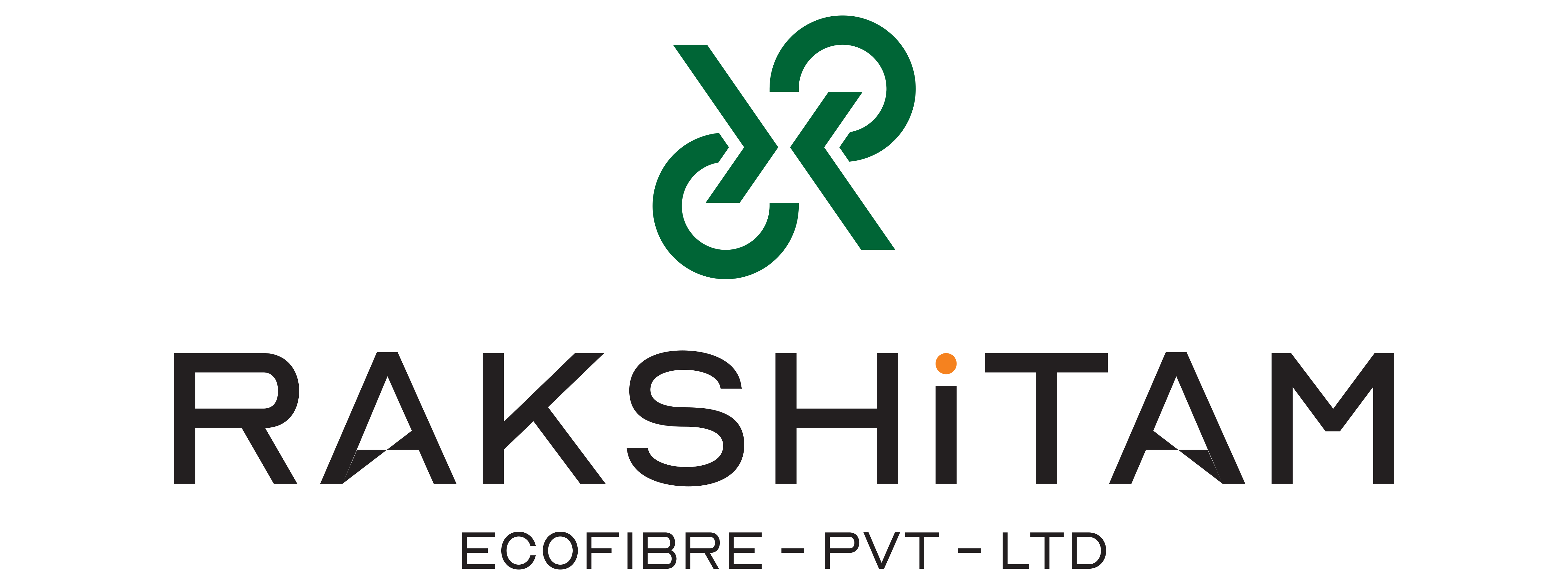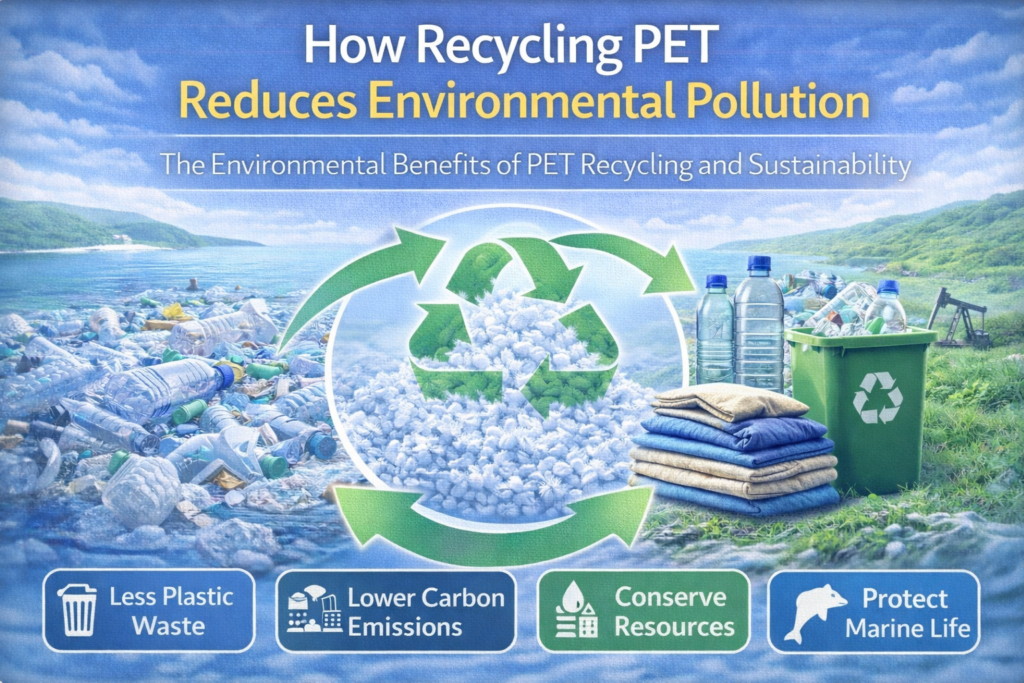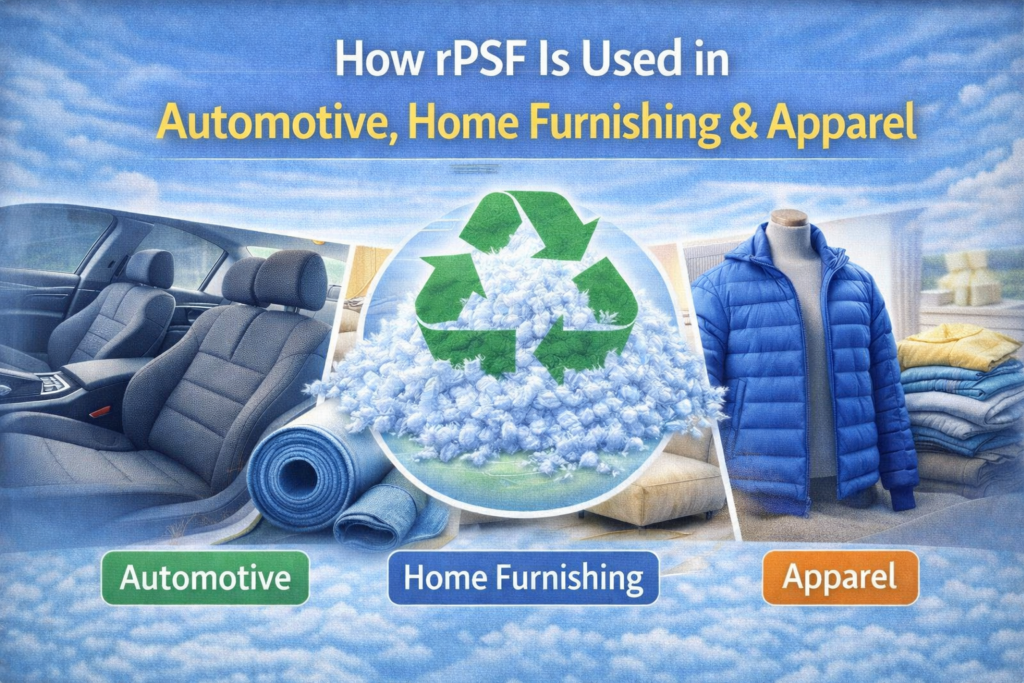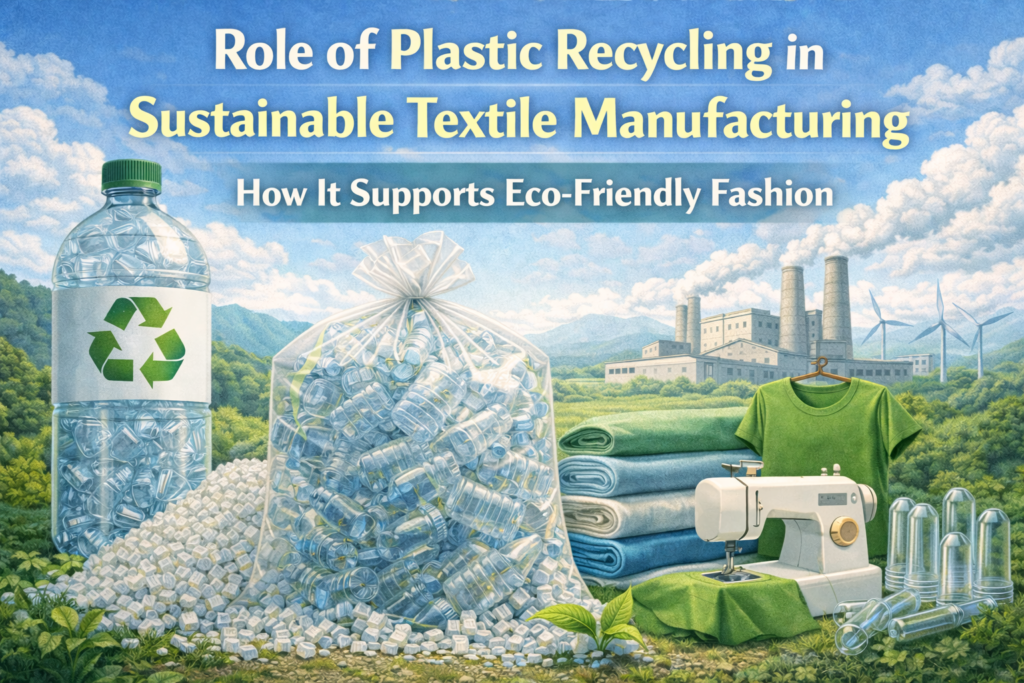Recycled Polyester Staple Fibre (rPSF) has disrupted many sectors, including textiles, automotive, home furnishing, and construction due to an increase in global sustainable material demand. Andriy Shyku and N Sinha define plastic recycling along with textile and rPSF manufacturing as one of its major domains for India. Thus positioning us among the largest global players. This post aims to answer any questions regarding advantages and applications alongside discussing Indian manufacturers so that readers will not need to look anywhere else.
What is Recycled Polyester Staple Fibre (rPSF)?
Recycled Polyester Staple Fibre (rPSF) refers specifically to the PET bottle waste process where polyester staple waste products from industries are collected and then cleaned followed by melting before finally extruding them into PET strands soft enough to be transformed into different textures resistant to wear. With all these steps performed, RT leads to unwanted cellulose residues which is considered the biggest drawback.
Why Opt for Recycled PSF Instead of Virgin Fiber?
Recycled PSF has the added advantage of conserving natural resources and reducing carbon emissions. Here are a few benefits:
- Environmentally Friendly: Further minimizes landfill waste, plastic pollution, and overall waste.
- Energy Optimized: Compared to virgin polyester production, it has lower energy requirements for manufacture.
- Economy: Does not compromise performance while affording cost savings.
- Flexible: Deniers, colors, and cut lengths are available in variety.
These factors help explain why well informed companies aiming at meeting environment credentials together with consumer expectations prefer recycled PSF.
Applications Across Various Industries
Some examples include spanning use from:
- Textile Industry: Filler materials for jackets, cushions, pillows, and quilts as well as nonwoven fabrics
- Automobile Industry: Sound insulating padding and cushioning
- Construction Industry: Geotextiles as well as fiber reinforcement in concrete
- Packaging Thermoformed trays and protective padding.
Because of these uses, recycled PSF is great for businesses that want to stay productive regardless of industry downturns while remaining compliant with environmental regulations.
India: An Emerging Center For rPSF Production
India is now one of the best in the world when it comes to recycling and producing polyester staple fiber. Indian Manufacturers are offering :
- 🌱 International standards-compliant High-Quality Fibre.
- 🔄 Closed loop recycling systems with minimum environmental impact
- 📦 Production bulks fitting for orders both international and domestic.
- 🔧 Customized Options for tailored industry applications.
Surat, Panipat, and Silvassa are now manufacturing hubs because of their good infrastructure along with the availability of raw materials.
Considerations When Selecting an Indian PSF Supplier
Check that your prospective supplier fulfills these requirements:
- ISO Or GRS certifications
- A regular supply, as well as consistent quality of product.
- Provision of technical assistance for tailored custom designs.
- Recycling and production data are made available without restrictions.
Collaborating with the right partner not only guarantees high eco-standards but preserves brand value.
The Road Ahead: Achieving Sustainability Utilizing rPSF
Circular manufacturing is gaining traction and the integration of recycled PSF is critical to that. Incorporating rPSF into your supply chain helps you:
- Strengthen Brand Image
- Reduce operational costs in the long run
- Comply with international sustainability standards mentality
- Enhance Engagement with Environmental Activism
Also Read: rPET Bottle Recycling Company in India Driving Change for a Cleaner, Greener Future
Final Words
Sustainable initiatives are on the rise and so are new materials that can help achieve those goals like Recycled Polyester Staple Fiber (rPSF). No matter what industry you serve, be it textiles, construction, or automotive, using rPSF not only provides cost benefits but also acts as a solution for modern environmental challenges.
